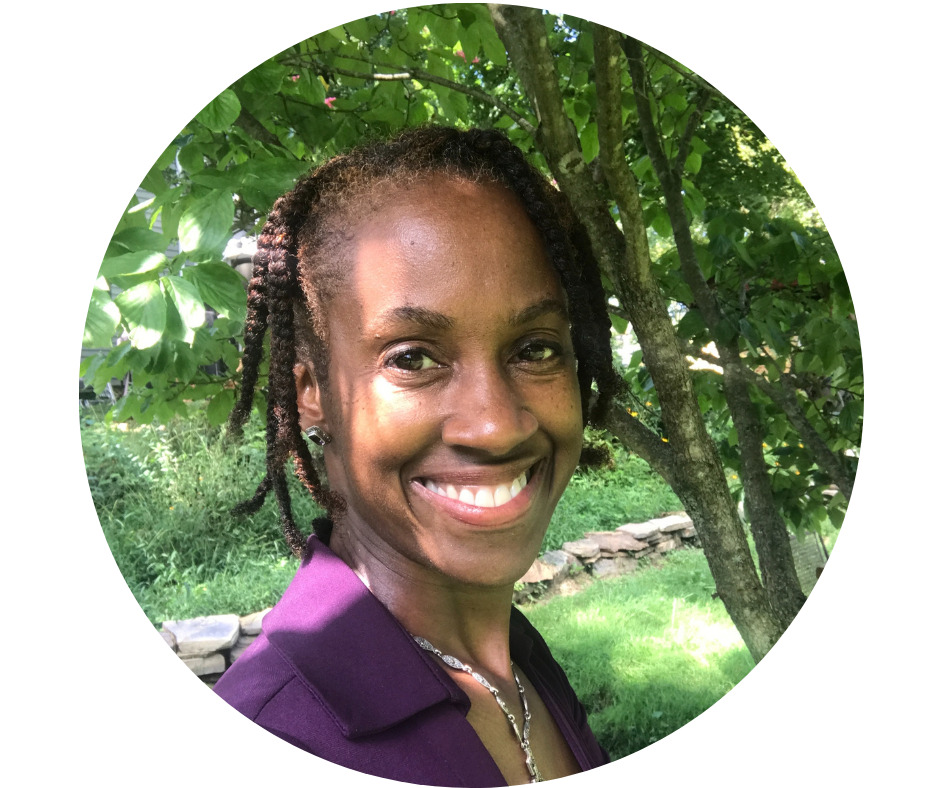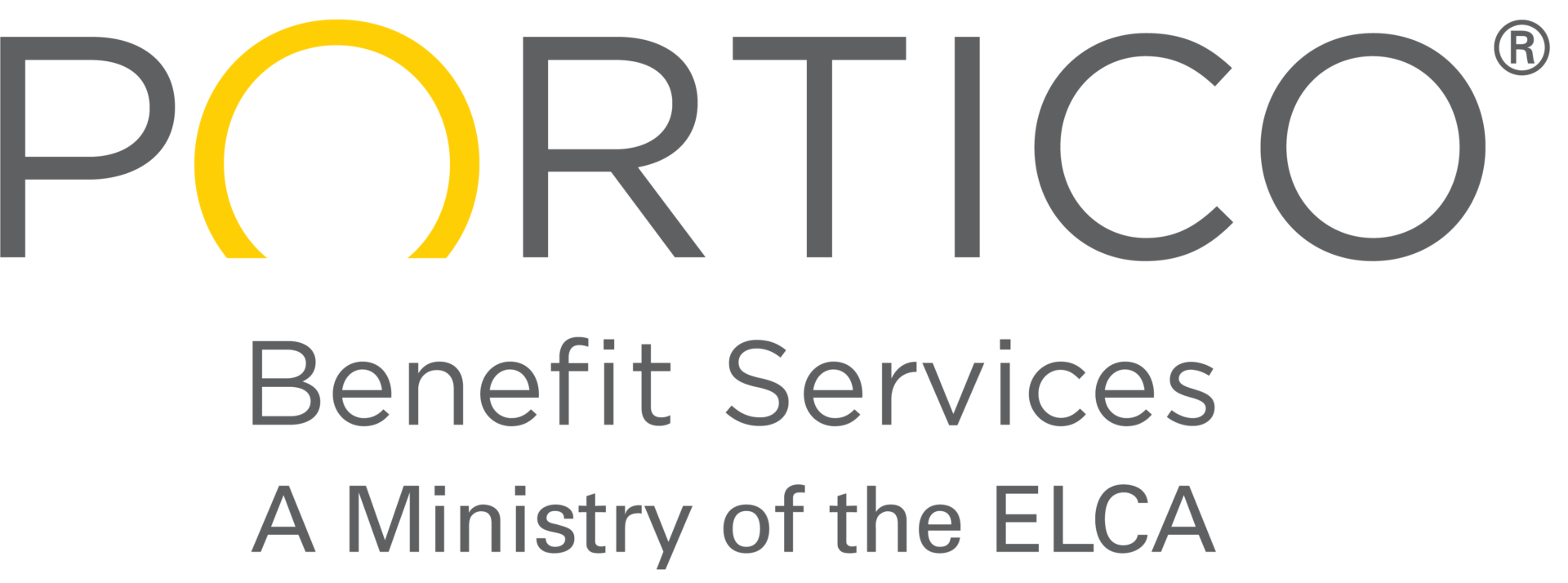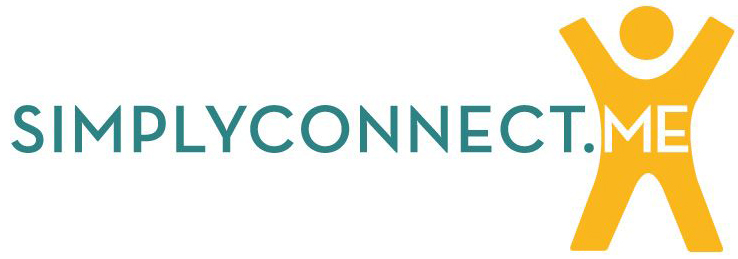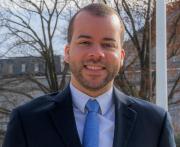 By Christopher Findlay, Senior Marketing Manager
By Christopher Findlay, Senior Marketing Manager
Today’s Front Line Hero is Deirdre Bagley, president of Lutheran Volunteer Corps.
For more than 40 years, the Washington, D.C.-based Lutheran Volunteer Corps has been placing fresh college graduates in positions at social justice organizations across the country. LVC’s commitment to build a more inclusive community and serve the cause of peace and justice is central to its leadership development program, where volunteers hone their skills while performing work tied to food, legal aid, environment, housing, immigration, education, health care, and other areas.
As many organizations look for ways to increase diversity, equity and inclusion while also dismantling institutional “isms” in society—racism, sexism, heterosexism, and the like—LVC is approaching the issue with a different lens.
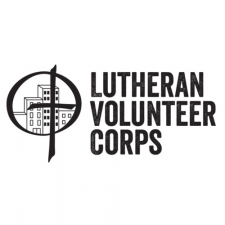 “Our goal was to start doing things differently rather than consider the ‘isms’ a project to be completed with check boxes,” Deirdre Bagley told Lutheran Services in America in an interview. “We also did not create the iconic Director of DEI position, which often passes the responsibility on to a member of the team instead of having everyone share the responsibility, including the CEO and board. We looked at what had become normalized, and identified new ways of doing things. For example, recruiting from HBCUs and universities with high minority populations; engaging online recruitment platforms that draw greater numbers of BIPOC students; revising language, visuals, program materials, and marketing collateral to include different races, ages, genders, abilities, religions, etcetera for broad invitation. We continued a training focus on anti-racism and equity for our volunteers, staff and board, and used a white supremacy framework to assess how we do business. We created more flexible participation models for volunteers to make room for diverse circumstances, and flexible work arrangements for staff for the same reason. We also created a national forum that brings together all of our volunteers to provide monthly opportunities to interact with and learn from each other, and to reduce the isolation of feeling separate or marginalized.”
“Our goal was to start doing things differently rather than consider the ‘isms’ a project to be completed with check boxes,” Deirdre Bagley told Lutheran Services in America in an interview. “We also did not create the iconic Director of DEI position, which often passes the responsibility on to a member of the team instead of having everyone share the responsibility, including the CEO and board. We looked at what had become normalized, and identified new ways of doing things. For example, recruiting from HBCUs and universities with high minority populations; engaging online recruitment platforms that draw greater numbers of BIPOC students; revising language, visuals, program materials, and marketing collateral to include different races, ages, genders, abilities, religions, etcetera for broad invitation. We continued a training focus on anti-racism and equity for our volunteers, staff and board, and used a white supremacy framework to assess how we do business. We created more flexible participation models for volunteers to make room for diverse circumstances, and flexible work arrangements for staff for the same reason. We also created a national forum that brings together all of our volunteers to provide monthly opportunities to interact with and learn from each other, and to reduce the isolation of feeling separate or marginalized.”
Even with all of LVC’s progress, Ms. Bagley is not resting on her laurels. “This is just a start,” she said.
Ms. Bagley’s background and experience has naturally informed her understanding of equity and inclusion and how she approaches her job as president of Lutheran Volunteer Corps. “My understanding of the challenges comes from lived and observed experiences, and my approach comes from the same. Being black and female means I’m looking at equity and inclusion from an angle typically not considered,” she said. “Still, that’s not enough—so I include a lot of research and consultation to broaden my skill set in this new landscape we’re all experiencing together, positioning us for action and not perfection. I’m a strong believer that movement happens when you do, rather than just talk about doing.”
Despite all the challenges, there are many positives to show for LVC’s equity and inclusion efforts. In fact, “There are too many positives to count,” said Ms. Bagley, “and that’s a good news story! We’re pleased that we have a more diverse group of volunteers, staff and board, and that differences are treated as assets.”
Find out more about LVC’s work at LutheranVolunteerCorps.org.
This interview has been edited for length.
